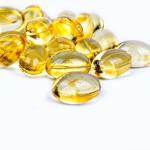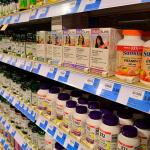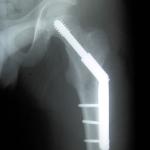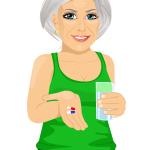It is estimated that there are more than 100,000 different dietary supplements on the market in North America.
vitamin D
Before you go off to book that tanning bed (which can be dangerous), let me point out that the study has the details worked out more for mice than men, but it does report on humans.
It was a simple study design. Retrospective and observational, in today's science, a fishing trip for correlation by computer.
Dietary supplement use, albeit nutritional products or alternative medicines, is a very lucrative industry that is for the most part riddled with overly auspicious claims in support of the notion they are a panacea.
Fractures due to the declining health of our bones places a substantial burden on patients, at one year 60% require assistance with daily living, 40% are unable to walk independently, and 20-30% are dead.
This week JAMA sought to puncture one component of the supplement bubble, the promised prophylactic benefit of Calcium and Vitamin D supplements in preventing fractures.
It's one of parents' least favorite activities — rearranging work/life schedules because one has to stay home with a sick child. Even just a cold requires some supervision and TLC.
Vitamin D status and supplements seem to have become a societal preoccupation. Encouraging the latter’s use as a cure-all, the “magic bullet” commercialization of vitamins and supplements has created a multi-billion dollar industry.
A growing number of parents choose to opt out of giving children their daily dose of milk, and switching to alternatives like almond milk or cashew milk.
There is this unsubstantiated, but widely believed, notion that vitamins and supplements are a panacea. In fact, a multi-billion dollar industry serves to support and perpetuate this often faulty, overly auspicious claim.











